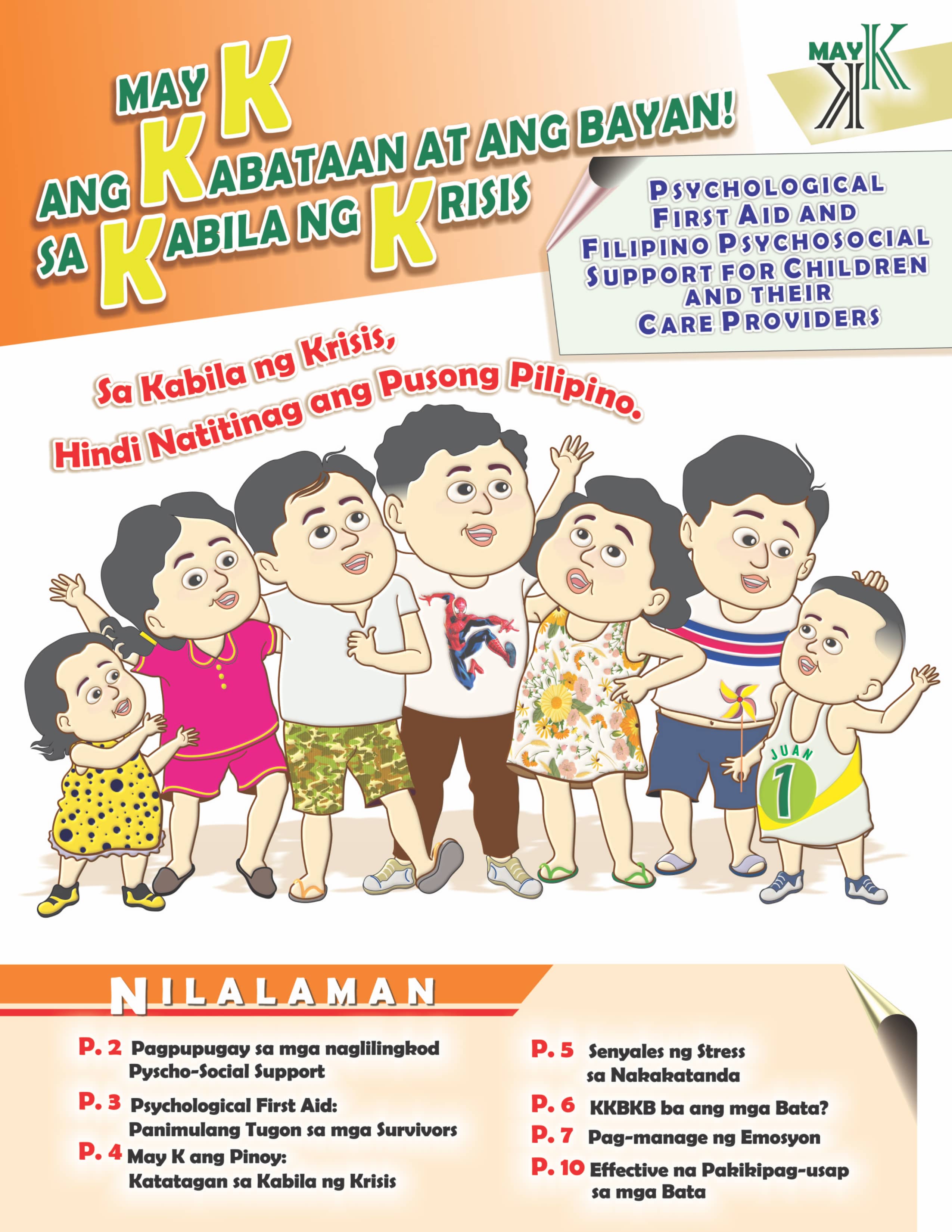The COVID-19 pandemic has deeply impacted the world and its effects have disproportionately affected the most vulnerable groups in society. Children are differently affected by the global health crisis as school openings were delayed, stay-at-home orders for minors were enforced, and prolonged isolation has taken its toll on children’s mental health. As we slowly transition to a new normal, children deprived of their liberty are grappling with feelings of isolation and loneliness from being separated from their loved ones. The children inside the Bahay Pag-asa or House of Hope in the Philippines continue to wait, not only for the return of the normal but also of their second chance.
The Caloocan City Bahay Pag-asa is a child-caring institution established in 2018 and managed by the Caloocan City local government as mandated by the Juvenile Justice and Welfare Act as amended. Under the law, a Bahay Pag-asa shall provide short term residential care for children in conflict with the law (CICL) or those children who are alleged, accused, or adjudged to have committed an offense under Philippine laws and who are awaiting the court disposition of their cases or transfer to other facility.
The three-story Caloocan City Bahay Pag-asa is home to around forty to sixty CICL and children at risk (CAR). The programs for the children under their care include alternative learning education, skills training, leisure activities, medical and dental check-ups, and family visits among others. To help curb the spread of the COVID-19 virus, the Caloocan City Bahay Pag-asa has put in measures to ensure the health and safety of the children and staff. This includes shifting from physical visits to virtual or electronic-visits through phone or video calls, quarantine before admission, and adjusted schedules for house parents and staff. These changes have severely disrupted the children’s routines and have affected their mental health and morale.
“Nalulungkot kami kasi di na namin kapiling ang mga mahal naming sa buhay” (We are sad because we’re not with our loved ones) a seventeen-year-old boy shared, while one of the girls tearfully revealed how she felt extremely sad because she turned eighteen and celebrated her debut inside the facility during the pandemic. Although there were instances where family members were able to deliver food and clothes at the center, they were only allowed to hand these over to the staff at the gate and in these cases, children make do with sharing a few minutes with their loved ones by shouting and waving through the steel barred windows. These short interactions usually end up with tears from both the child and the family member. While these feelings are common amongst those deprived of their liberty, health protocols limiting physical visits and reunions exacerbate these feelings of loneliness especially for the children. Without a strong support system and program, this could potentially lead to depression, anxiety, or self-harm. These protocols are also difficult for families who are struggling financially as cost for gadgets and reliable internet data for videocalls put a strain in their budget. Moreover, these barriers make it hard for the children in detention to enjoy their right to maintain contact with their family as provided for under the law.

Children’s Legal Rights and Development Center, Inc (CLRDC) is a local children’s rights organization which provides basic legal and psychosocial support for the children inside the Bahay Pag-asa even during the time pandemic. Under their Following The Child Project, made possible with funding from the European Union (EU), and together with Balay Rehabilitation Center and DIGNITY, the Danish Institute Against Torture, carefully crafted modules which incorporate music and arts, body movements and group works, focus on visioning and human rights orientation activities for children in the Caloocan City Bahay Pag-asa. These interactions are important not only to alleviate the children’s feelings of isolation but to also give them space to share their feelings, fears, and dreams. Giving the children time and the opportunity to be heard and participate in activities will not make them feel left out and remind them that they matter and that they have a voice worth listening to.
The visioning and human rights orientation sessions help to draw out the children’s experiences and their hopes. Some of them hope to be fashion designers, welders, seafarers and law enforcement officers. For a lot of them who have experienced some form of violence in one way or another, their hopes and dreams reflect basic and often overlooked opportunities such as access to education and decent work so that they can give back to their family and loved ones. These sessions, albeit short, allow the children to feel like children again- to find hope and be hopeful.
During one of the visioning activities, Anna*, who spent her birthday inside the Bahay Pag-asa shared,“Kapag natupad ko na ang aking pangarap sa buhay ay bibilhan ko ng bahay at lupa ang aking mga magulang at bibigyan ko sila ng magandang pangkabuhayan para sa sarili nilang pangangailangan. Walang imposible sa taong may pangarap.”(When I finally reach my goals in life, I will buy a house and lot for my parents and I will give them a good livelihood for their needs. Nothing is impossible to a person who dreams.). With the space created by these activities for the children to share their thoughts and dreams, indeed, there is hope inside the Bahay Pag-asa.

*Not her real name






















